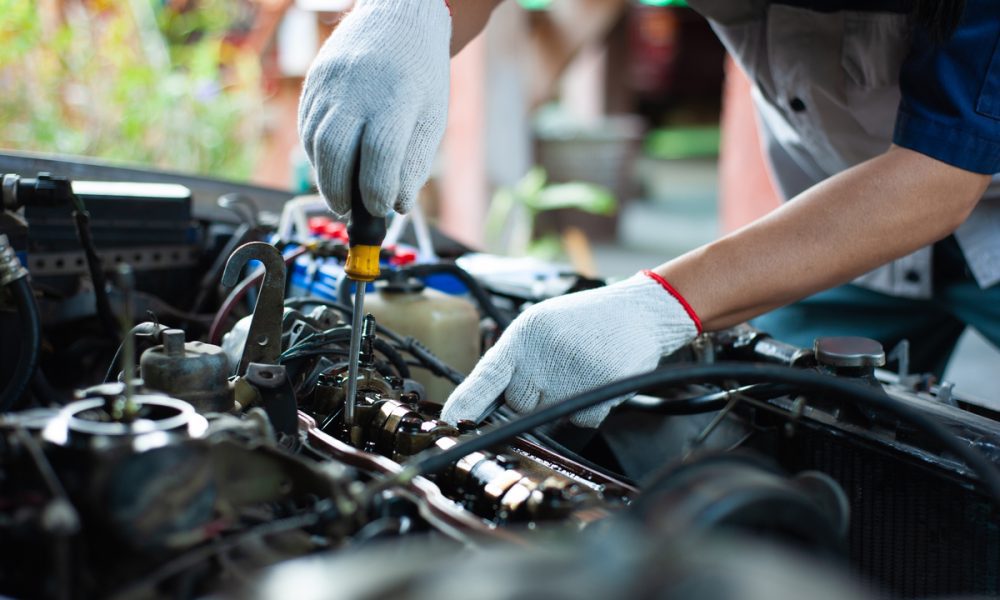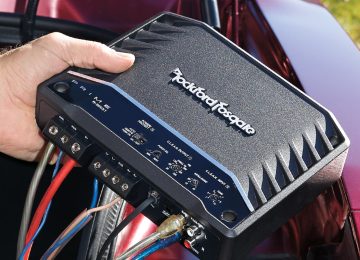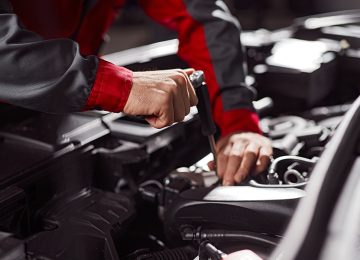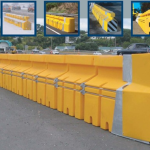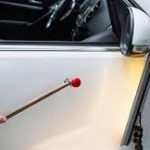A vehicle’s overall performance is greatly impacted by brake line pressure, which is essential to the braking system’s functionality. The hydraulic fluid that is pumped via the brake lines to the brake callipers when a motorist applies pressure to the brake pedal squeezes the brake pads against the rotors. The car is slowed down or stopped by this technique. The necessity of maintaining the ideal brake line pressure for safety and control is shown by the direct correlation between the amount of pressure created inside the brake lines and how well the brakes engage.
The Dynamics of Braking Performance
Brake line pressure has a direct impact on an automobile’s braking system’s effectiveness. To convert the driver’s input into stopping power, the whole system must work in unison when pressure is applied to the brake lines. Longer stopping distances and less control over the car might result from a spongy brake pedal sensation caused by insufficient brake line pressure. On the other hand, especially in difficult braking situations, excessive pressure may result in brake lock-up and loss of traction. Therefore, to guarantee a quick and dependable braking system, it is crucial to maintain the proper balance in brake line pressure.
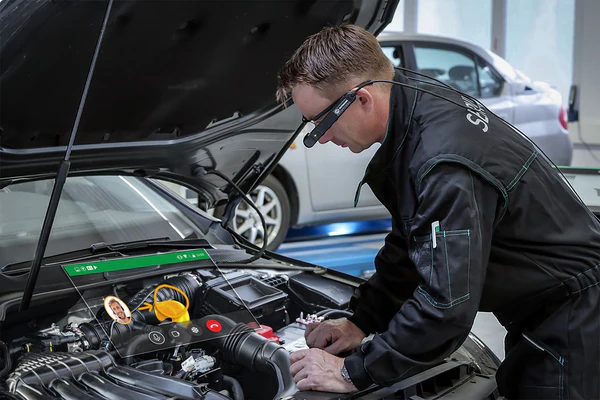
Factors Influencing Brake Line Pressure
The efficiency of the braking system may be impacted by a number of elements that influence brake line pressure. The state of the braking parts, such as the callipers, hoses, and master cylinder, is one of the main determinants. Leaks or decreased pressure might be the consequence of any wear or damage. Braking line pressure may also be greatly impacted by the kind of braking fluid used, its level, and even its temperature. Frequent maintenance and inspections may assist in spotting any problems before they become more serious.
The Consequences of Improper Brake Line Pressure
Improper brake line pressure while driving might have disastrous results. Low pressure may increase the chance of accidents by making it harder to stop fast or steadily. Additionally, it may result in uneven brake component wear over time, necessitating expensive repairs. For reliable assistance with such issues, consider consulting experts in Auto Repair in Lynden, WA to ensure your braking system is in top condition. In severe situations, large pressure dips or losses might lead to complete brake failure. Vehicle owners should keep an eye on their braking systems and take care of any issues that arise, such as changes in brake reaction or strange sounds made while braking, for the highest level of safety.
Conclusion
To conclude, brake line pressure is essential for effective car braking. Understanding brake system pressure dynamics helps drivers maintain their cars and discover problems early. Quick interventions and frequent maintenance can maintain brake line pressure, boosting road safety. Brake system health improves driving and protects drivers, passengers, and pedestrians.


